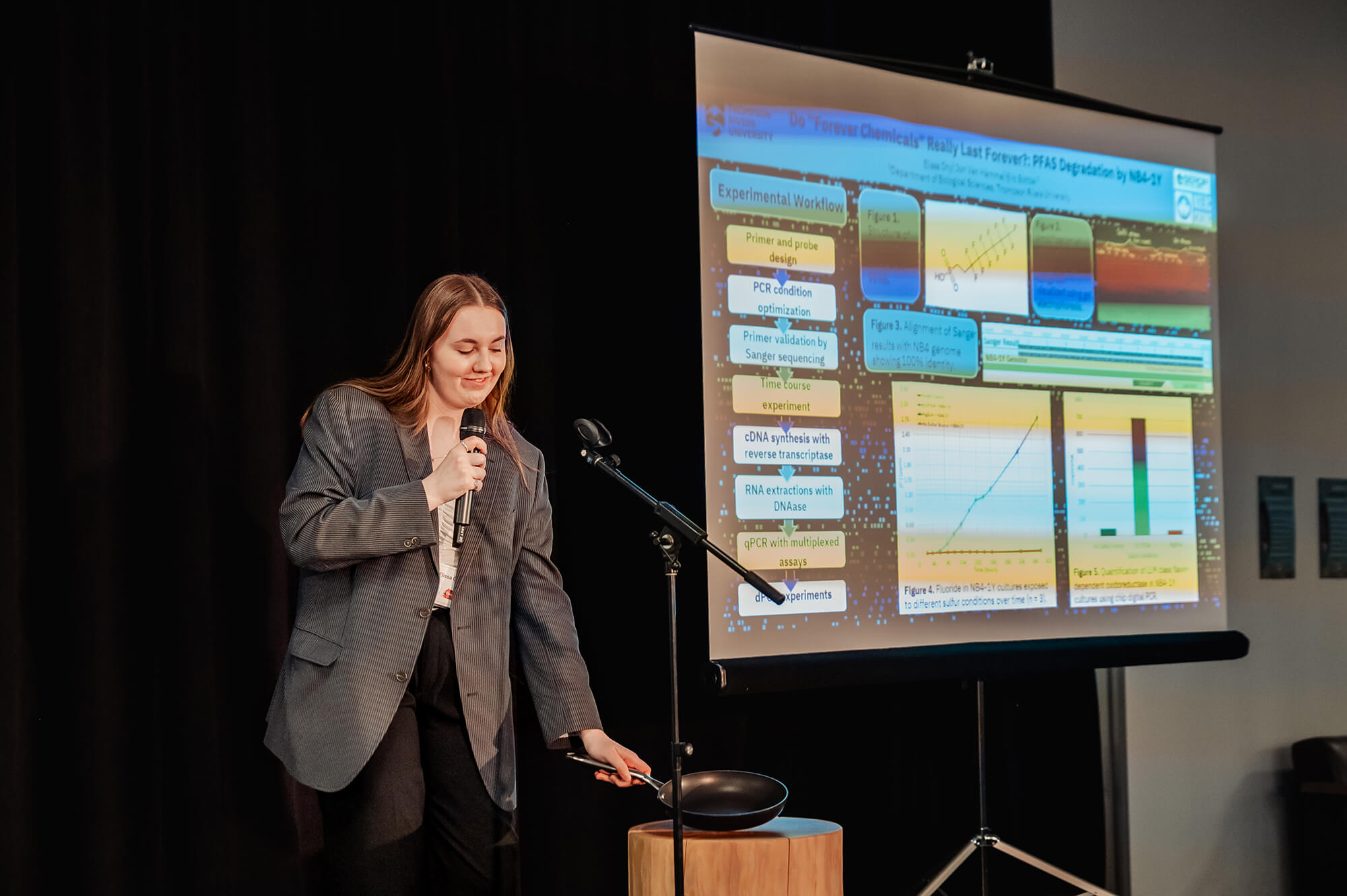Research Methods and Methodologies
- 17 Lessons
- 45min
- 4.7 Reviews
This module is designed to help you build a strong research network and develop meaningful and sustainable student-faculty mentor relationships. You will explore strategies for connecting with professors and peers, within and beyond the university; engage in collaborative research; and become an active member of a community of scholars. The module is divided into four sections, each building upon the previous one to support your growth as a researcher.
Course Features
- 17 lessons
- 4 Sections
- 45 mins on-demand video
- 6 downloadable resources
- 10 Knowledge Checks
- 10 Self-paced Learning Activities
- Access on mobile and PC
We gratefully acknowledge the contributions of the following individuals and groups whose work made this module possible:
Strategic Direction
- Sukh Heer Matonovich, Director of Student Research and Graduate Studies
- Michelle Harrison, Instructional Designer (Open Learning)
- Dominique Hazel, Student Research and Engagement Officer
Lead Course Developer
- Alana Hoare, Assistant Teaching Professor, Faculty of Education and Social Work
Graduate Student Course Developer
- Jeisil Aguilar Santos (Master of Education)
Student Media Developer
- Roods Bensly Pierre (Bachelor of Science, Computing Science)
Student Advisory Group
- Manuel Centeno Duque (Bachelor of Science, Chemical Biology)
- Jayse Heer-Matonovich (Bachelor of Arts, Interdisciplinary Studies)
- Casey Hopper (Bachelor of Arts, Psychology)
- Hannah O’Neil (Bachelor of Arts, Geography and Environmental Studies)
- Roods Bensly Pierre (Bachelor of Science, Computing Science)
Project Partners
- Open Learning – Media development support and content integration
What you’ll learn
- Discover: Explore philosophical paradigms and learn how your worldview shapes the kinds of questions you ask and the knowledge you seek.
- Connect: Make methodological choices that align with your topic, context, and goals.
- Engage: Identify data collection techniques and instruments that will allow you to generate meaningful and trustworthy evidence.
- Become: Integrate all components into a coherent research design. Reflect on how your methodological decisions work together to support a robust, ethical, and contextually relevant study.
By the end of this module, you will not only understand the “how” of research design—you will also have developed the confidence to articulate the “why” behind your choices.
Here’s What’s Covered
:Explore These Resources to Enhance Your Research Skills
This section will guide you in choosing a research topic that reflects what you care about, what matters in your community, and what you want to learn more about. You will learn how to identify a problem or issue that is worth investigating, within a specific context and point in time.
Identifying a problem, situation, or research topic is the first step in conducting research. This means that the researcher becomes aware of a gap that may be theoretical or practical and that can be addressed by exploring concepts and their relationships or by proposing projects or action plans. Now, do we only investigate things that are wrong? Not necessarily; we can investigate success stories that can be replicated. Understanding how things that benefit communities work allows us to establish new strategies in other places, as well.
After completing this section, you will be able to:
- Differentiate between general topics and researchable problems by defining a research topic within specific contexts, time frames, and theories.
- List research topics that address community needs and that contribute to broader social or economic change.
- Select a research topic that aligns with your interests or community needs.
In the previous section, we looked at research philosophies (e.g., positivist, interpretivist, critical) and how these inform the decisions we make throughout the research process from identification of a research problem, level of engagement with participants, and interpretation of the data. In this section, we will look at another important choice that researchers make when designing a study. “Methodological choice” involves deciding how you will collect and analyze your data:
- Mono-method: One data type (e.g., only qualitative or only quantitative)
- Mixed-methods: Both qualitative and quantitative in a single study (integrated)
- Multi-method: More than one method but not necessarily mixed data types
Choosing a methodological approach is a critical step in research design. It determines how you will collect and analyze your data, and how you will justify the relationship between theory and method. In this section you’ll also learn to distinguish between qualitative and quantitative research.
By the end of this section, you will be able to:
- Differentiate between mono-method, mixed-methods, and multi-method approaches.
- Determine which choice of methodology makes the most sense in relation to your research questions and philosophical view.
- Identify the benefits and limitations of each methodological choice.
In this section, you will learn how to select the appropriate research techniques and procedures to answer different research questions. You will explore different quantitative techniques and procedures, such as surveys, experiments, structured observations, and statistical analysis. You will also explore qualitative techniques and procedures, like interviews, focus groups, document analysis, and observation.
After completing this section, you will be able to…
- Identify common research techniques used in qualitative, quantitative, and mixed-methods studies.
- Match appropriate research techniques (e.g., interview, survey, observation) to specific research questions and contexts.
- Describe the differences between structured, semi-structured, and unstructured formats for interviews, surveys, and focus groups.
In this section, you’ll review the entire research process from start to finish and reflect on the research process as a journey with multiple paths and choices along the adventure. You’ll revisit and critically reflect on the decisions that shape a study—from the underlying philosophical assumptions to the techniques used for data collection.
Using the metaphor “Forks in the Trail”, as you move through the research process, you’ll encounter forks—moments of decision where your next steps determine the nature of your study. This section of the module guides you through each fork, helping you align your research questions with appropriate methodological choices. At the end, you’ll apply what you’ve learned by drafting your own research study.
By the end of this section, you will be able to:
- Select and justify an appropriate research design aligned with your research question and philosophical paradigm.
- Evaluate and choose suitable data collection techniques and instruments, considering validity and reliability.
- Articulate and defend your methodological decisions.
Stay Updated!
Stay in the loop with the latest news, resources, and updates from the Research Hub. Get alerts for new module releases straight to your inbox.

